
Moscow Art Theatre: The Seagull
Venue:
Shanghai Oriental Art Center - Opera Hall
425 Dingxiang Road Pudong Shanghai
Date:
8/16/2025 - 8/17/2025

Moscow Art Theatre: The Seagull
8/16/2025 - 8/17/2025
Shanghai Oriental Art Center - Opera Hall
425 Dingxiang Road Pudong Shanghai
¥280 - ¥1080
Event details
👉 Collect paper ticket(s) from ticket office right before the show
👉 Children under 1.2m are not allowed to enter
👉 Children over 1.2m will be admitted by full tickets
👉 No cancellation
👉 Children over 1.2m will be admitted by full tickets
👉 No cancellation
Konstantin Khabenskiy dedicates his play to women, whose love gives strength to live and inspires creativity. Women are the center of his "Seagull". Another important theme is human egoism. The characters of the play do not hear each other, their dialogue is illusory, communication is lost, as if everyone's moods do not match up. Perhaps they simply do not want to or cannot talk about something really important.
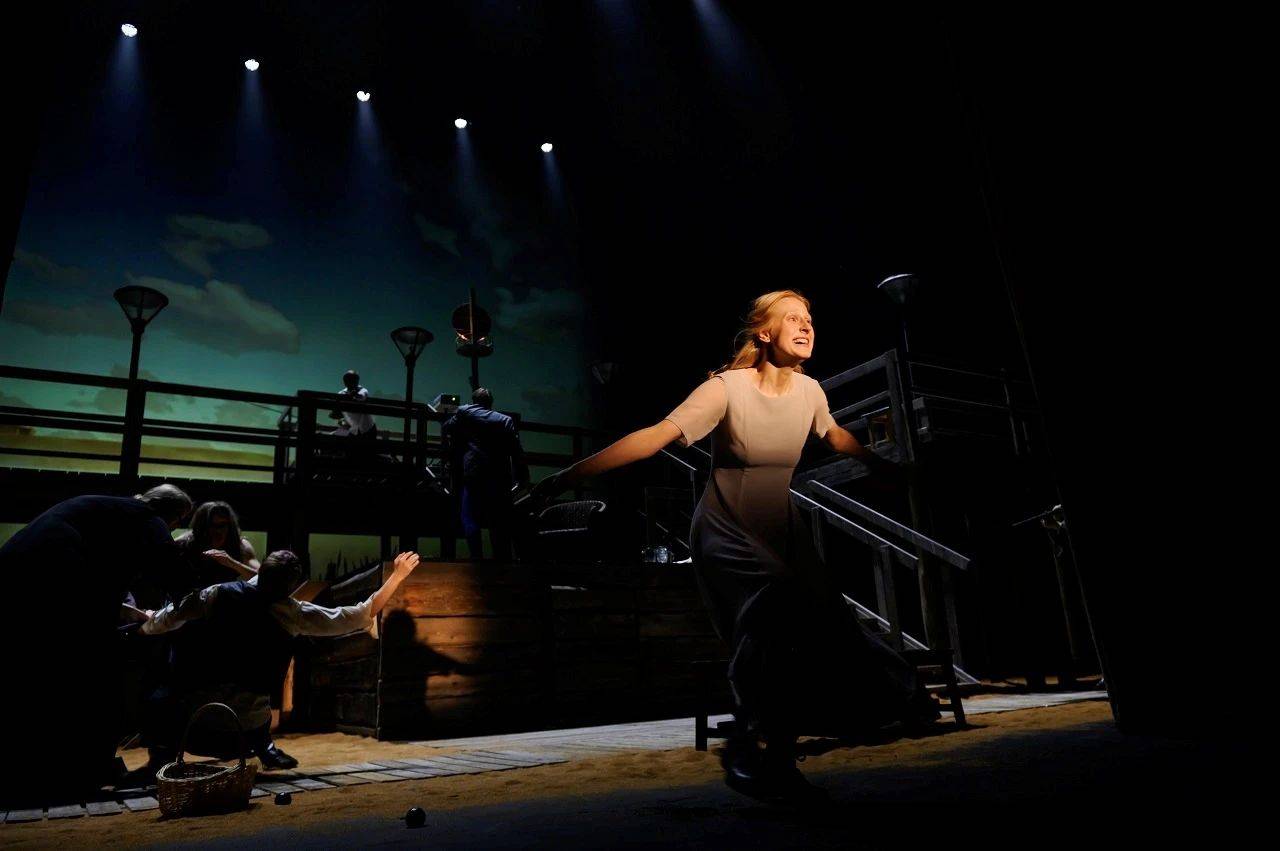
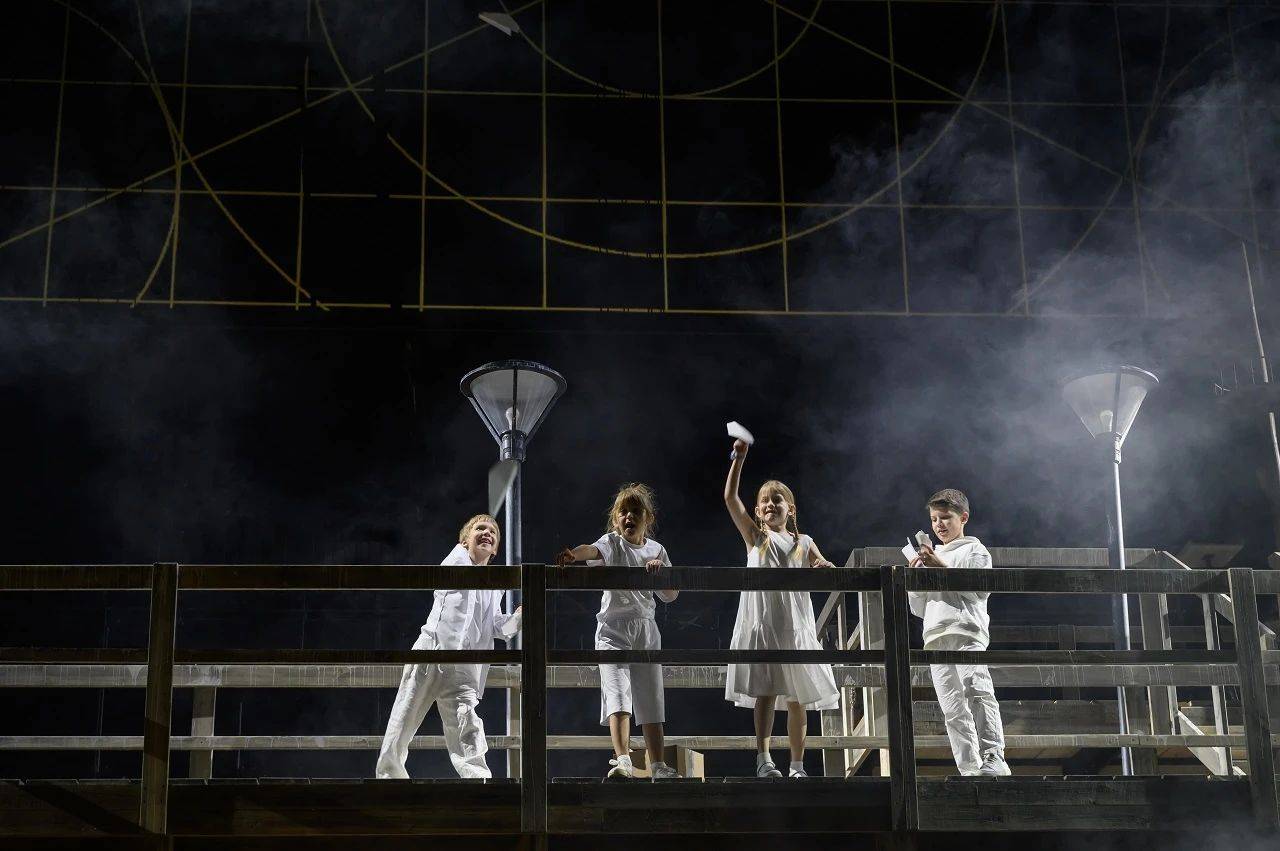
When Chekhov wrote “The Seagull” in 1895, Russian theater was dominated by melodrama and obvious theatricality. The playwright, already famous for his short stories, sought to create something entirely different: a play where, as he said, “everything is as complex and simple as in life.” The work emerged during a period of great social change in Russia, as the aristocracy declined and artists grappled with questions about the purpose and future of art.
The play’s initial failure nearly caused Chekhov to abandon playwriting altogether. However, its subsequent production by Constantin Stanislavski’s Moscow Art Theatre not only saved Chekhov’s theatrical career but helped establish a new style of naturalistic acting that would influence theater worldwide.
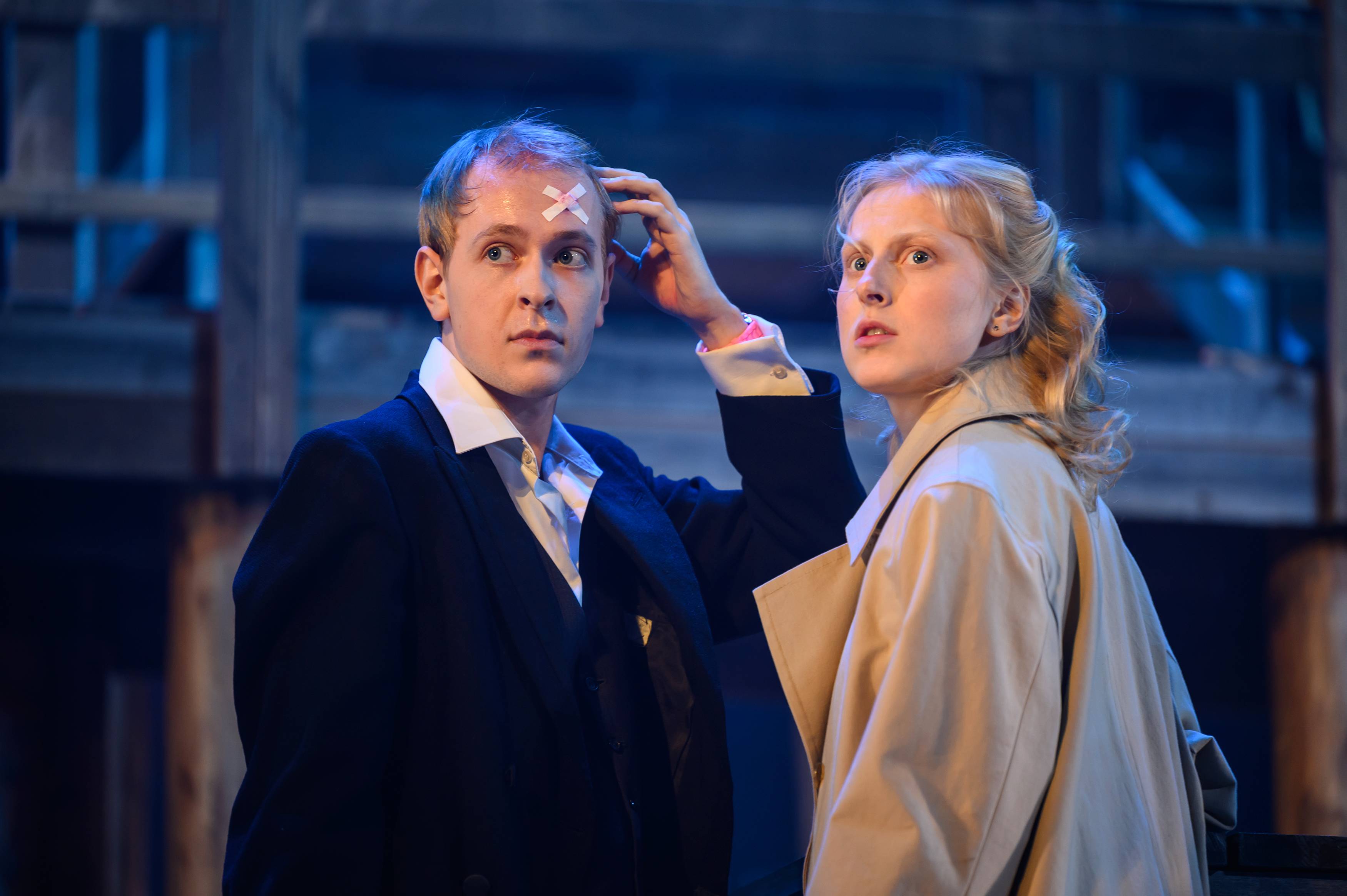
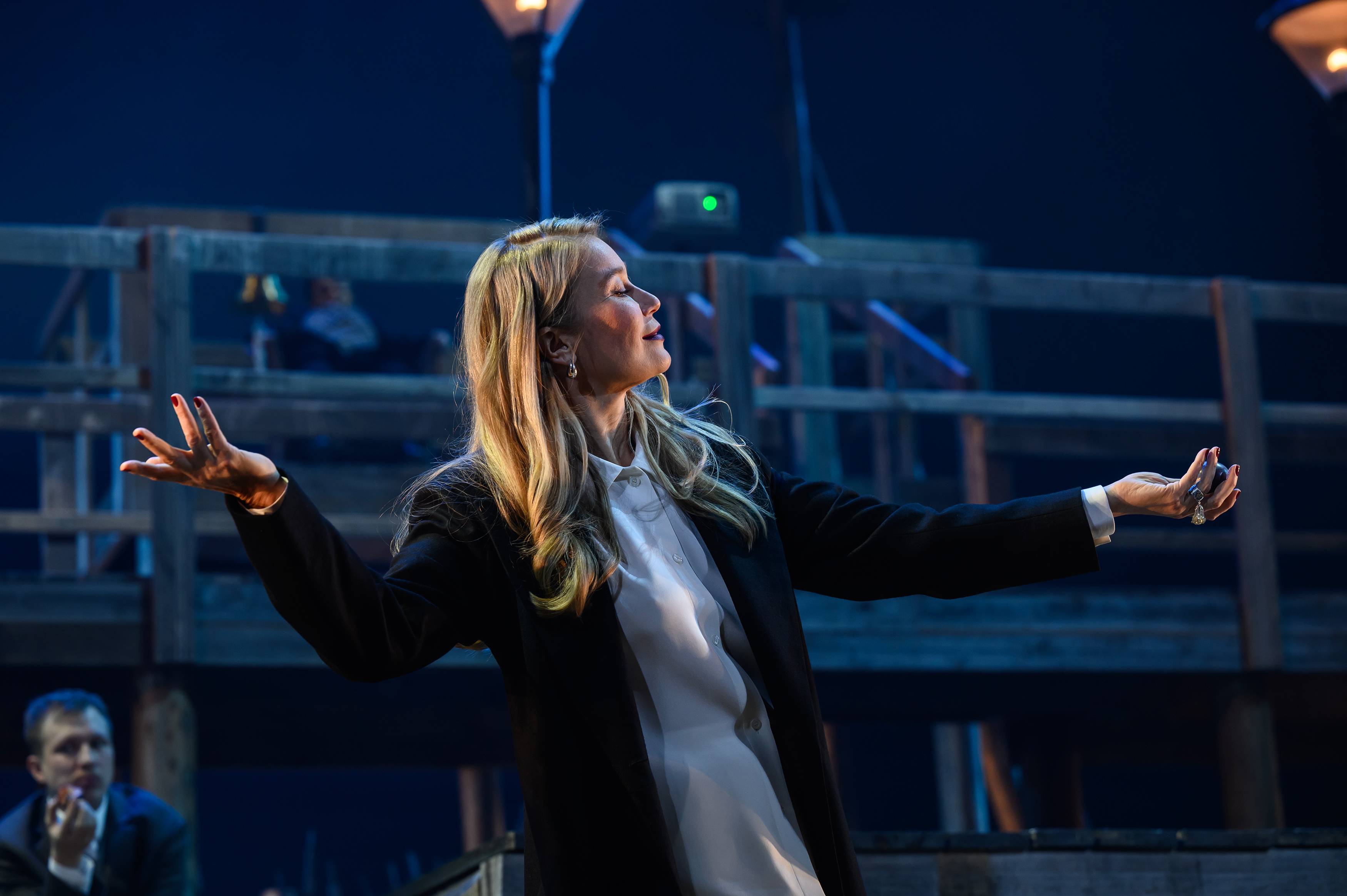
Plot Overview
On a country estate, aspiring playwright Konstantin stages an avant-garde play starring Nina, a young woman he loves. His mother Arkadina, a famous actress, mocks the performance. Soon, Nina becomes infatuated with Trigorin, Arkadina’s lover and a successful writer, who begins to return her interest. Meanwhile, Masha, the estate manager’s daughter, pines for Konstantin while rejecting the schoolteacher Medvedenko’s love.
On a country estate, aspiring playwright Konstantin stages an avant-garde play starring Nina, a young woman he loves. His mother Arkadina, a famous actress, mocks the performance. Soon, Nina becomes infatuated with Trigorin, Arkadina’s lover and a successful writer, who begins to return her interest. Meanwhile, Masha, the estate manager’s daughter, pines for Konstantin while rejecting the schoolteacher Medvedenko’s love.
Two years later, everything has changed. Nina’s attempt at an acting career has failed, and Trigorin has abandoned her after their brief affair and the death of their child. Konstantin has become a published writer but remains unhappy. When Nina visits the estate one final time, their encounter leads to Konstantin’s suicide, marking the tragic culmination of these intertwined lives.
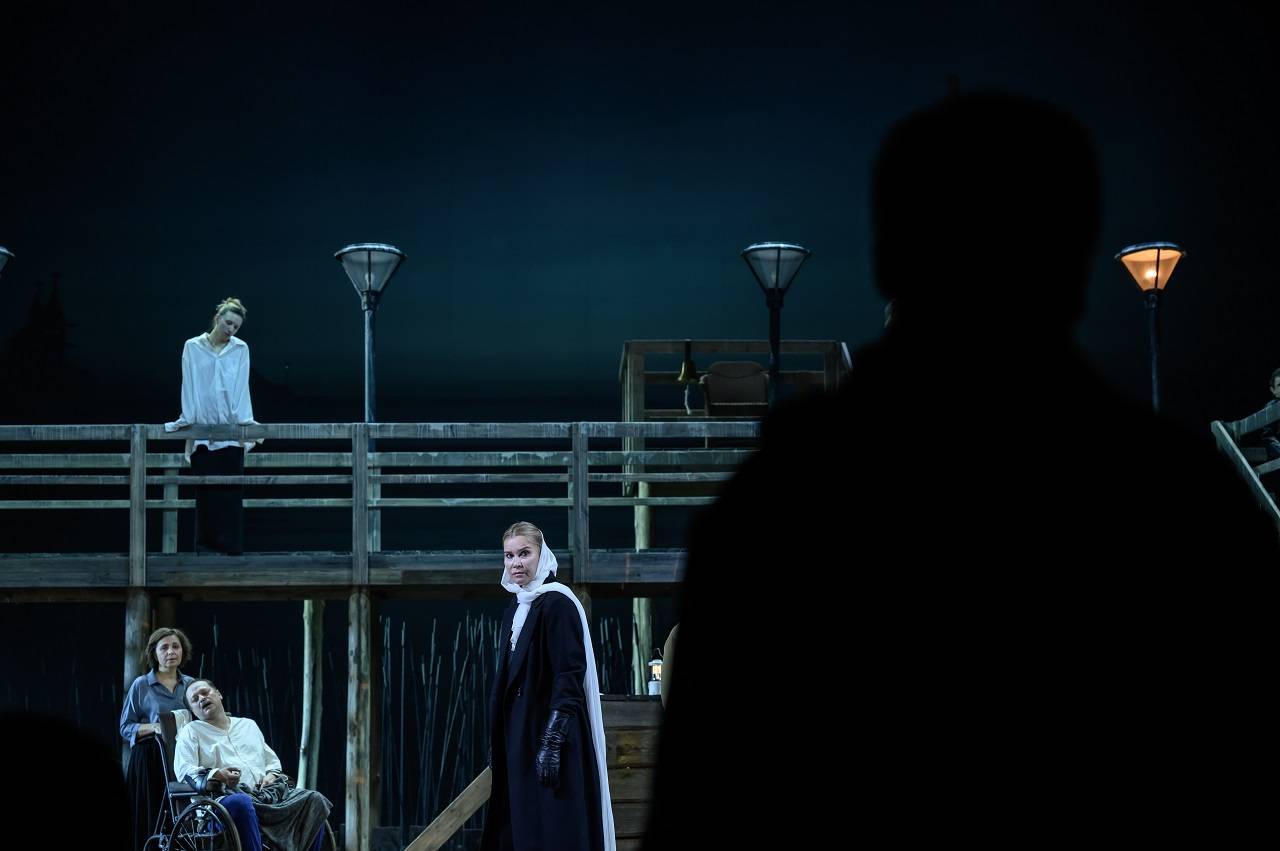
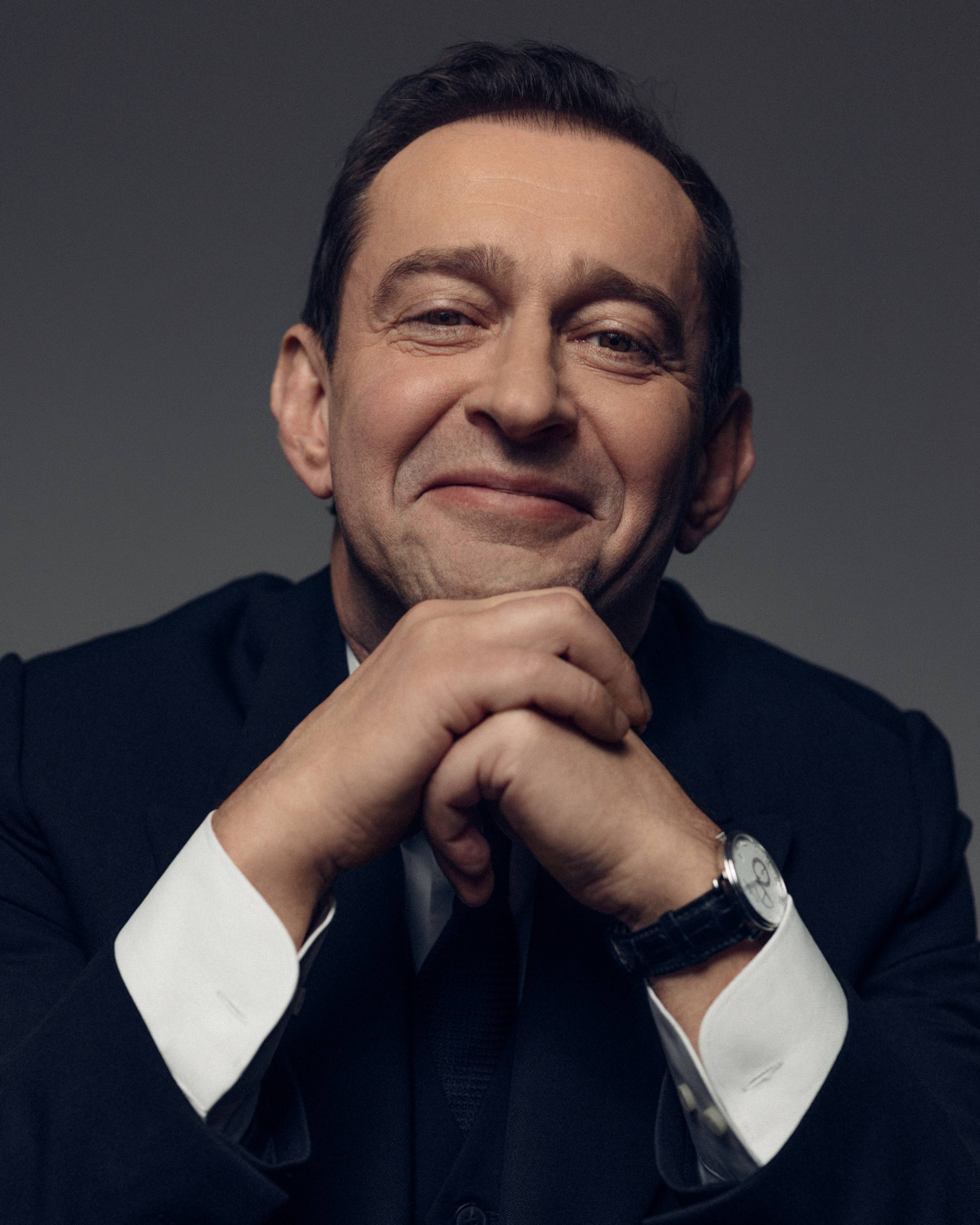
Director: Константин Хабенский Konstantin Khabenskiy
Graduated from the Leningrad State Institute for Theatre, Music and Cinema in 1996 (course of V. Filshtinsky).
In 1995-1996 worked in the Experimental Theatre “Crossroads”, and also as presenter of regional TV in the department of music and information programs. In 1996, he worked in the Theatre “Satyricon“, where he played in performances: “Threepennies Opera“ and “Cyrano de Bergerac“. In the same year he returned to St. Petersburg and began working in the State Theatre named after Lensoviet, where he played leading roles in performances directed by Y. Butusov: Estragon in “Waiting for Godot”, Carl Fool in „Woyzeck”, Caligula in „Caligula”. He played Valentine in „We'll wait and see” directed by B. Pazi.
In 2002 debuted on the stage of the Moscow Art Theatre in the performance “The Duck Hunt” (Zilov) directed by A. Marin. In 2003 he was accepted into the troupe of the Moscow Art Theatre, where, apart from Zilov, played Alexey Turbin (“The White Guards“ directed by S. Zhenovach) and Claudius (“Hamlet“ directed by Y. Butusov).
Acted in such films as: “Women's Property“, “Mechanical Suite“, “In Motion“, “Svoi“, “The State Counselor“, “Night Watch“, “Day Watch“, “Agent of National Security“, “Lethal force“, “Lines of Destiny “, „ Poor Relatives”, „Phillip Bay”, „Yesenin”, „The Case of the Dead Souls”, „Rush Hour”, „The Irony of Fate: Continuation”, „Home spirit”, „Admiral” and others.
Winner of prizes: „Constellation”, the award named after V. Strzhelchik, „Seagull” (role of Claudius in performance „Hamlet” of the Moscow Art Theatre, nomination „Best Artist negative role”, 2005), Stanislavsky Prize (for theatrical work in performances of the Moscow Art Theatre “The Duck Hunt“,“The White Guards”, „Hamlet”, 2007), the cinema award “Golden Eagle“ (Green's role in the movie “The State Counselor”, nominated „Best Actress”, 2006, role of Alexander Kolchak in the movie “Admiral“, nominated „Best Actor”, 2008).
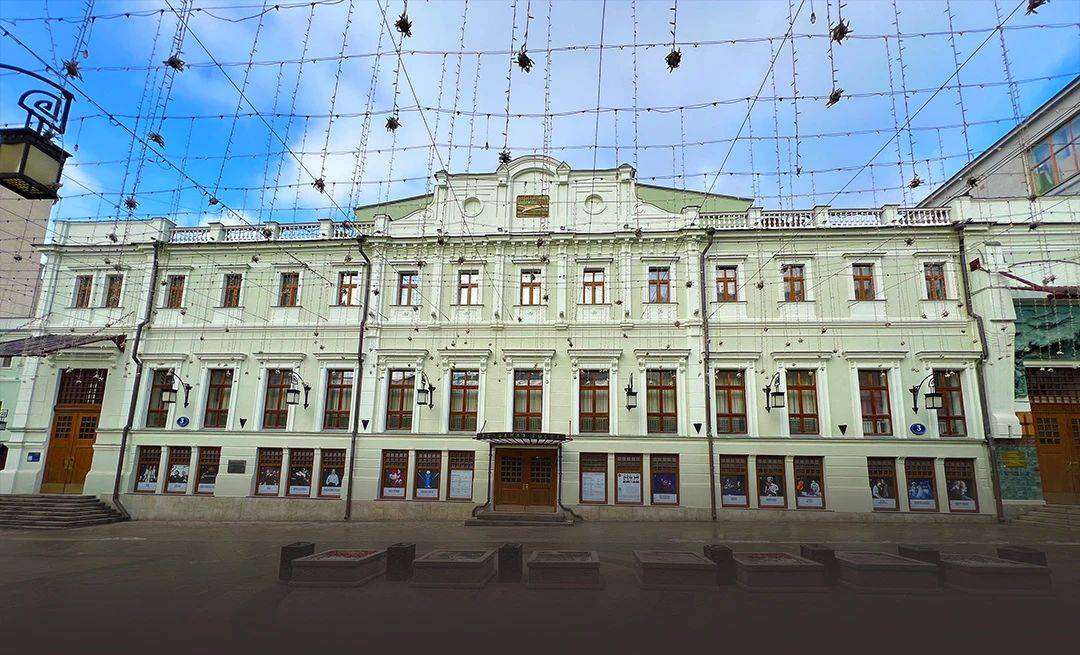
Moscow Art Theatre
Established by K. S. Stanislavsky and V. I. Nemirovich-Danchenko in 1898 under the name Moscow Art Theatre (MXT). The Theatre received the status of “Academic Theater” in 1919 (MXAT).
Established by K. S. Stanislavsky and V. I. Nemirovich-Danchenko in 1898 under the name Moscow Art Theatre (MXT). The Theatre received the status of “Academic Theater” in 1919 (MXAT).
It was opened on October 14(1898) with the play “Tsar Fedor Ioanovich” in the “Hermitage” theatre building (Karetny ryad, 3). Since 1902 it is has been located on Kamergersky pereulok in the building of the former Lionozov theatre, reconstructed the same year by architect F. O. Shekhtel.
The Art Theatre’s existence began from a meeting of Stanislavsky and Nemirovich-Danchenko at the “Slaviansky bazaar” restaurant on June 19th, 1897. The Theatre carried the name of “Art-Public” not for a long time: in 1901 the word “Public’ was removed, but the orientation to the democratic spectator remained one of MXT’s principles.
The core of the company (O. Knipper, I. Moskvin, V. Meierhold, M. Savitskaya, M. Germanova, M. Roksanova, N. Litovtseva) was formed from students of the drama branch of the Musical-Drama School of the Moscow philharmonic society where Vl. I. Nemirovich-Danchenko taught acting and by the performance participants of the Art and Literature Amateurs Society of Stanislavsky (M. Lilina, M. Andreeva, V. Lyjskii, A. Atrem). A. Vishnevsky was invited from a province. In 1900, the troupe accepted V. Kachalov and in 1903 — L. Leonidov.
After O. Efremov death in 2000, Oleg Tabakov became an Artistic Director of Chekhov’s MXAT, taking a course towards renewing the repertory (with stagings of classic world literature, including “Hamlet”, “The Cherry Orchard”, “The Golovev’s”, “The White Guard”, “King Lear”, and “Tartuffe” as well as modern patriotic and world literature). O. Yakovleva, A. Leontiev, A. Pokrovskaya, V, Khlevinsky, K. Khabensky, M. Porechenkov, V. Krasnov and others were invited in the troupe. The best forces of the modern directing are drawn to direct the shows — Y. Butusov, S. Zhenovach, M. Karbayskis, K. Serebrennikov, A. Shapiro, T. Chkheidze. In 2001 a third, New, stage was opened especially for experimental performances.
In 2004 the theatre returned to its original name — Moscow Art Theatre (MXT), excluding the word Academic. In the spring of 2018, after the death of O. Tabakov, the Art Theater was headed by Sergey Zhenovach. On October 28, 2021, Konstantin Khabensky assumed the post of artistic director of the Moscow Art Theater.
Notice
Date:
Friday, 15th Aug. - Saturday, 16th Aug. @ 19:15
Sunday, 17th Aug. @ 14:00
Price: 280/380/480/680/880/1080
Language: Russian performance with Chinese subtitles
Duration: 210 mins (incl. an intermission)

Follow our WeChat for event news, deals, gossip and more!
Book Now
Moscow Art Theatre: The Seagull
Venue:
Shanghai Oriental Art Center - Opera Hall
425 Dingxiang Road Pudong Shanghai
Date:
8/16/2025 - 8/17/2025
© 247tickets 2020 沪ICP备19024898号-2

 Add us on WeChat to speak to our friendly customer service team! ID: Tickets247Tickets
Add us on WeChat to speak to our friendly customer service team! ID: Tickets247Tickets